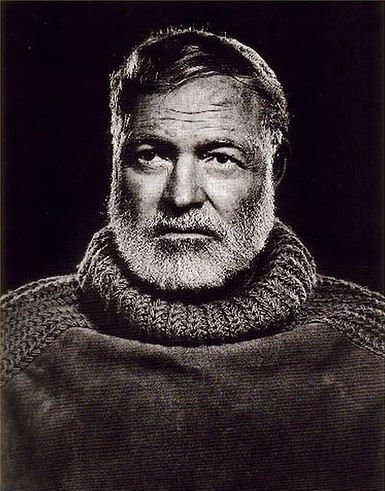True sentences
This fall I found myself bypassing books that every working clergyperson should read in order to follow an impulse stimulated by Paula McLain's The Paris Wife, an account of Ernest Hemingway's Paris years in the 1920s as told in the voice of his first wife, Hadley. At one point, Hadley remembers Hemingway's mantra: "I want to write one true sentence. If I can write one sentence, simple and true, every day, I'll be satisfied." Hadley comments: "His ambitions for his writing were fierce and all encompassing. He had writing the way other people had religion."
I went on to read A Moveable Feast, Hemingway's account of his Paris years, and then The Sun Also Rises, the novel he wrote in Paris. The title comes from the Book of Ecclesiastes: "One generation passeth away, and another generation cometh, but the earth abideth forever. . . . The sun also ariseth, and the sun also goeth down."
He describes the drama and ritual of bullfighting as well as the delights of food and drinking. A little bit of religion is included. Jake Barnes, the narrator, visits a Spanish cathedral, sees people praying, then kneels and prays. "I was a little ashamed, and regretted that I was such a rotten Catholic. . . . It was a grand religion, and I only wished I felt religious and maybe I would the next time."





